Israel Plans Takeover of Gaza City Amid Mounting International Outcry and Humanitarian Crisis
Israel plans to take over Gaza City amid its ongoing war with Hamas, escalating a humanitarian crisis as international criticism and concerns over hostage safety intensify.
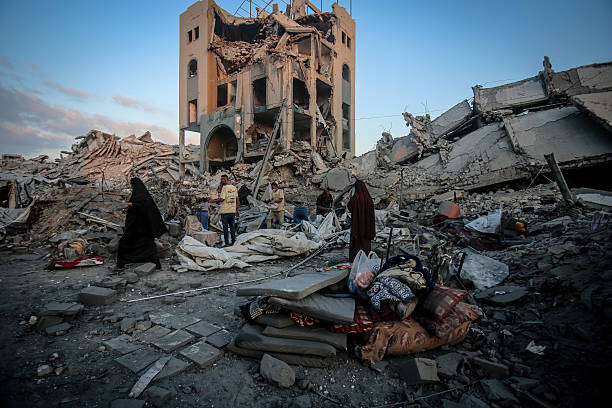 Israeli attacks over Gaza continue
Israeli attacks over Gaza continueIsrael announced early Friday its plan to take over Gaza City in a further escalation of its 22-month war with Hamas. The decision followed a late-night meeting of top Israeli officials and comes despite growing international pressure to end the conflict and internal protests from Israelis concerned about the remaining hostages held by Hamas.
The war, which began after Hamas' Oct. 7, 2023 attack, has led to the deaths of tens of thousands in Gaza, displaced the majority of the population, destroyed vast portions of the territory, and brought it to the brink of famine. Analysts warn that another major ground operation will likely worsen the humanitarian crisis.

In an interview with Fox News prior to the Security Cabinet meeting, Prime Minister Benjamin Netanyahu had indicated broader intentions, stating that Israel aimed to take control of all of Gaza to eliminate Hamas and secure its borders. "We don’t want to keep it. We want to have a security perimeter," Netanyahu said, suggesting Israel would later hand the territory over to Arab forces for governance.
However, the final decision made during the overnight Security Cabinet meeting appeared more limited, potentially intended to pressure Hamas into accepting a ceasefire on Israeli terms. Military Chief of Staff Lt. Gen. Eyal Zamir reportedly cautioned against occupying Gaza, citing risks to hostages and the strain on the Israeli military after nearly two years of warfare.
The Oct. 7 Hamas-led attack resulted in the abduction of 251 individuals and the death of around 1,200 people. While most hostages have since been released through ceasefires or negotiated deals, 50 remain in Gaza, with Israel believing about 20 of them are still alive.
On Thursday, nearly two dozen relatives of hostages sailed from southern Israel toward Gaza’s maritime border, broadcasting pleas via loudspeakers. Yehuda Cohen, whose son Nimrod Cohen is among the captives, criticized Netanyahu for prolonging the war, alleging it was to appease extremists in his coalition. Far-right members of Netanyahu’s government have pushed for intensifying the war, displacing most of Gaza’s population to other countries, and reestablishing Jewish settlements removed in 2005.
Meanwhile, the humanitarian toll continues to rise. According to Gaza’s Health Ministry, over 61,000 Palestinians have been killed. While Israel disputes these figures, it has not released an alternative toll. The ministry, part of the Hamas-run government, is staffed by medical professionals and is considered by the United Nations and independent experts as the most reliable source of casualty data.
On Thursday alone, 42 people were killed, including at least 13 who were seeking aid in a military zone in southern Gaza. Two others died on roads leading to nearby distribution sites managed by the Israeli-supported Gaza Humanitarian Foundation (GHF), an American contractor. Nasser Hospital confirmed receiving the bodies. GHF claimed no violent incidents occurred near its locations on Thursday, and the Israeli military did not comment.
The area, known as the Morag Corridor, is restricted from media access. In recent weeks, hundreds have been killed while trying to reach aid provided by GHF or UN convoys, with U.N. officials and witnesses accusing Israeli forces of routinely firing on crowds since May, when Israel eased a 2.5-month blockade. Israel maintains that it has only used warning shots, and GHF states its armed contractors have only resorted to pepper spray or warning fire to prevent stampedes.
Doctors Without Borders (MSF) released a damning report criticizing GHF’s distribution system, stating, “This is not aid. It is orchestrated killing.” The charity operates two health centers near GHF sites and reported treating 1,380 injuries between June 7 and July 20, including 28 deaths on arrival. Among the wounded, 147 had gunshot wounds, including 41 children. Others had injuries from physical assault and exposure to pepper spray. MSF emphasized that these cases represented only a portion of the total casualties associated with GHF sites.
MSF accused the GHF system of being either “recklessly negligent” or a “deliberately designed death trap.” In response, GHF called the allegations “false and disgraceful,” accusing MSF of spreading a disinformation campaign allegedly orchestrated by Hamas.
The GHF, established with support from the U.S. and Israel as an alternative to the U.N.-operated aid system, has come under scrutiny. While Israel and the U.S. accuse Hamas of diverting humanitarian aid, the U.N. denies large-scale diversion and has criticized GHF for forcing Palestinians to endanger themselves to receive basic necessities—an approach that, it says, furthers Israel’s goals of large-scale displacement.
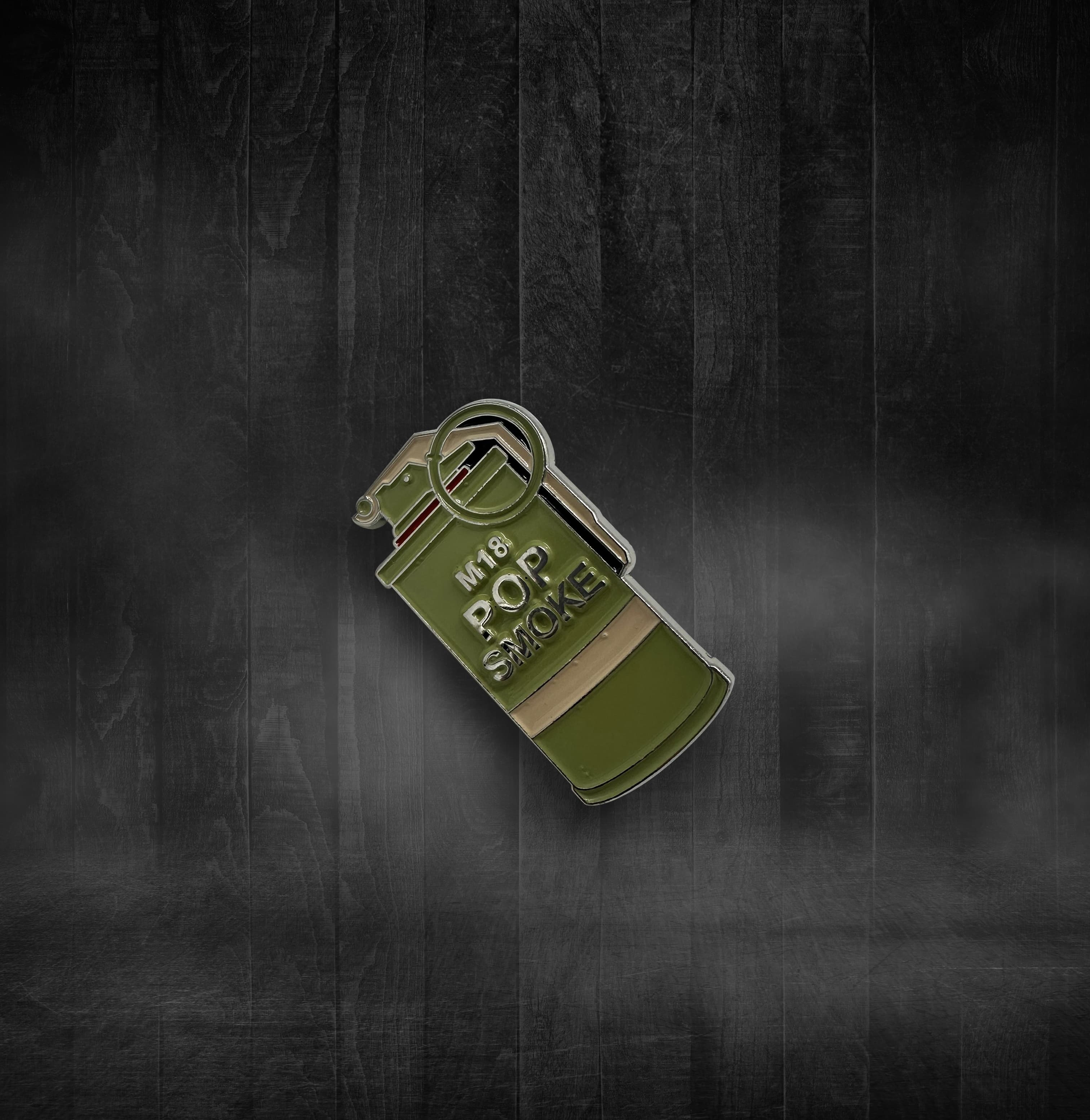



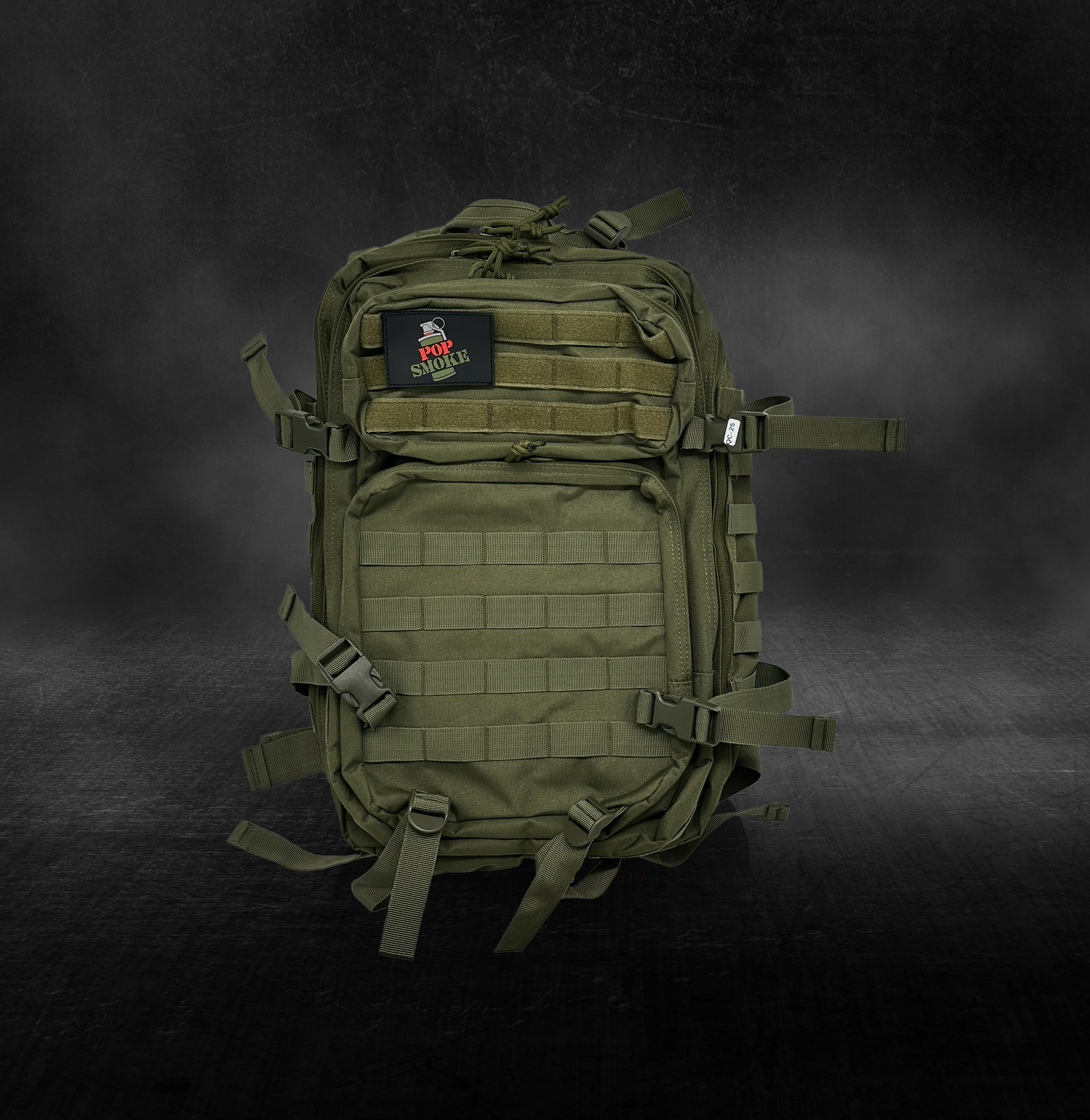



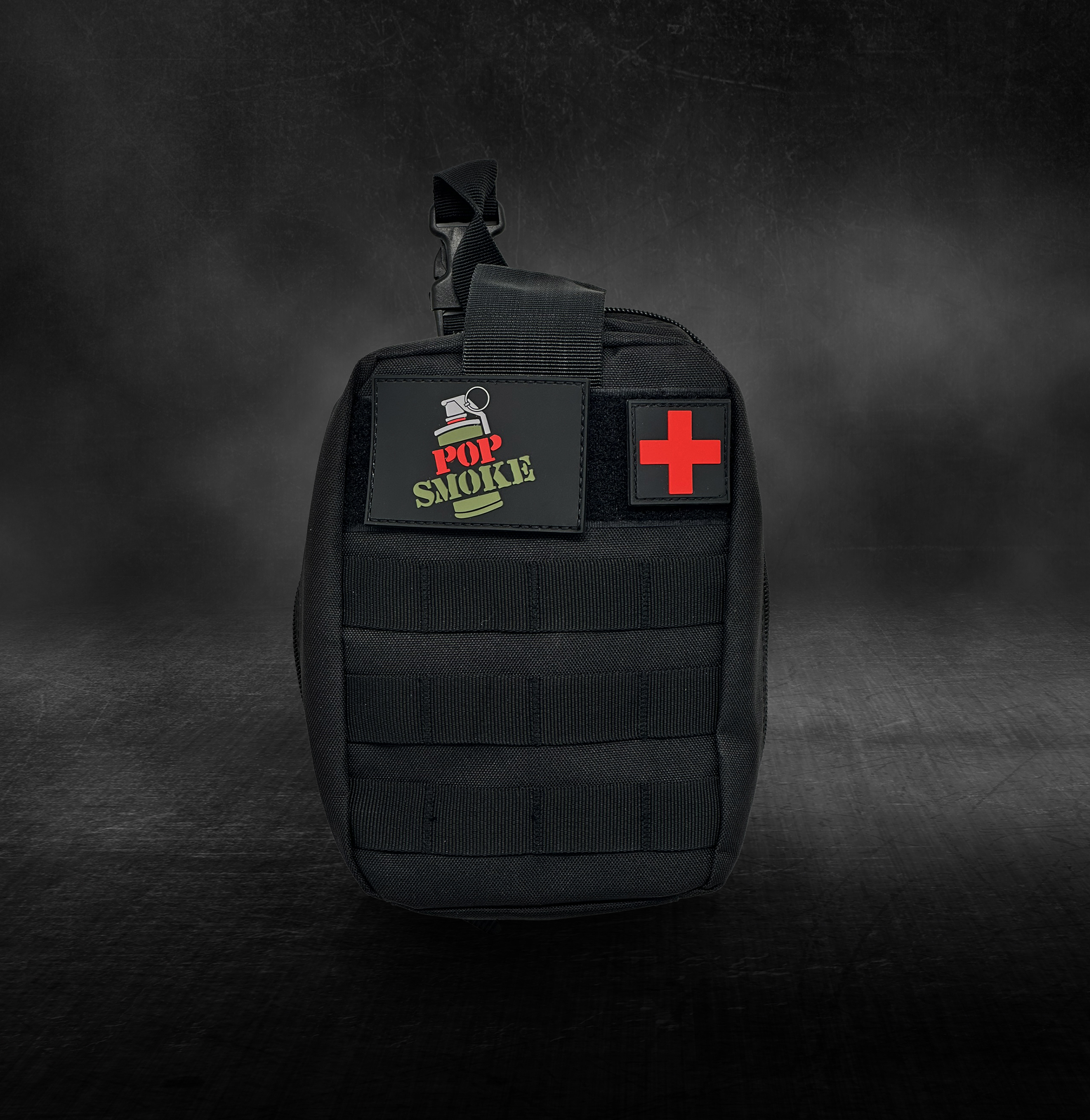



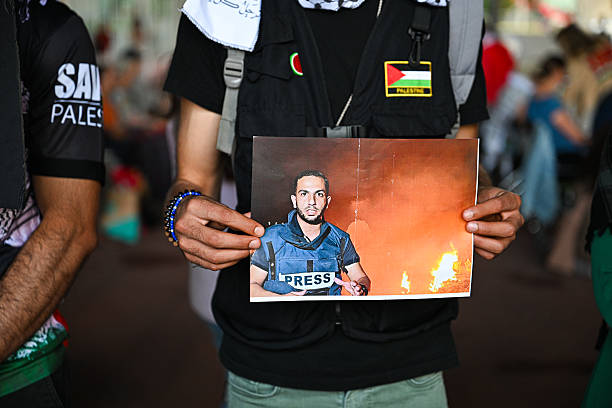
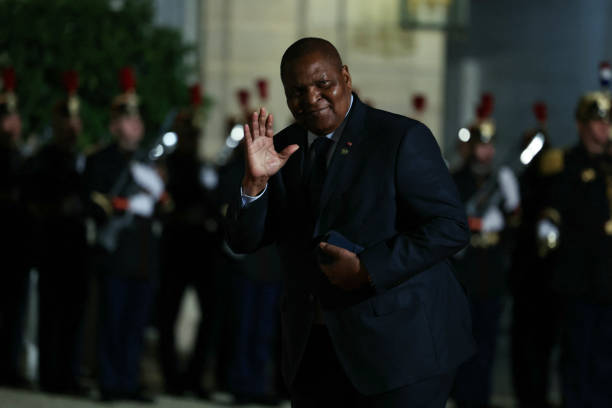
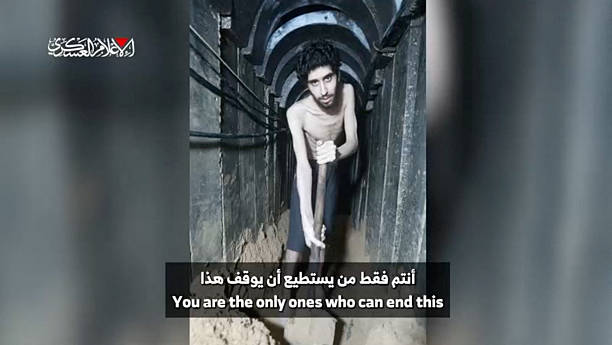
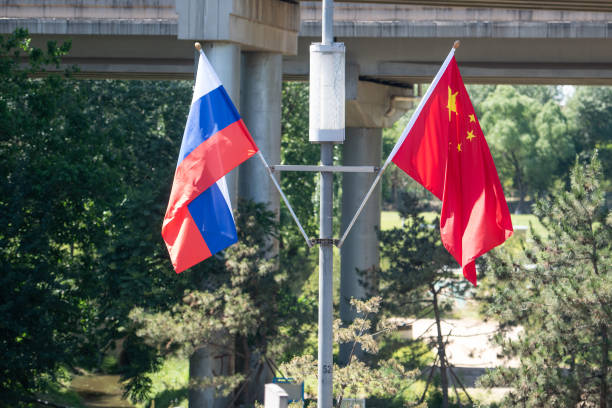
Conversation